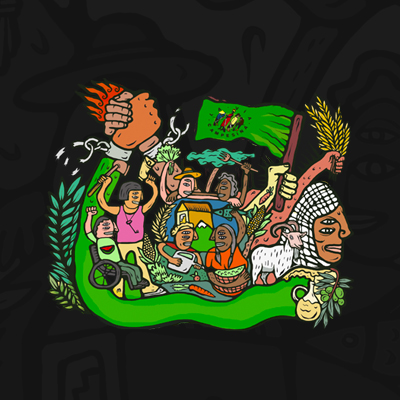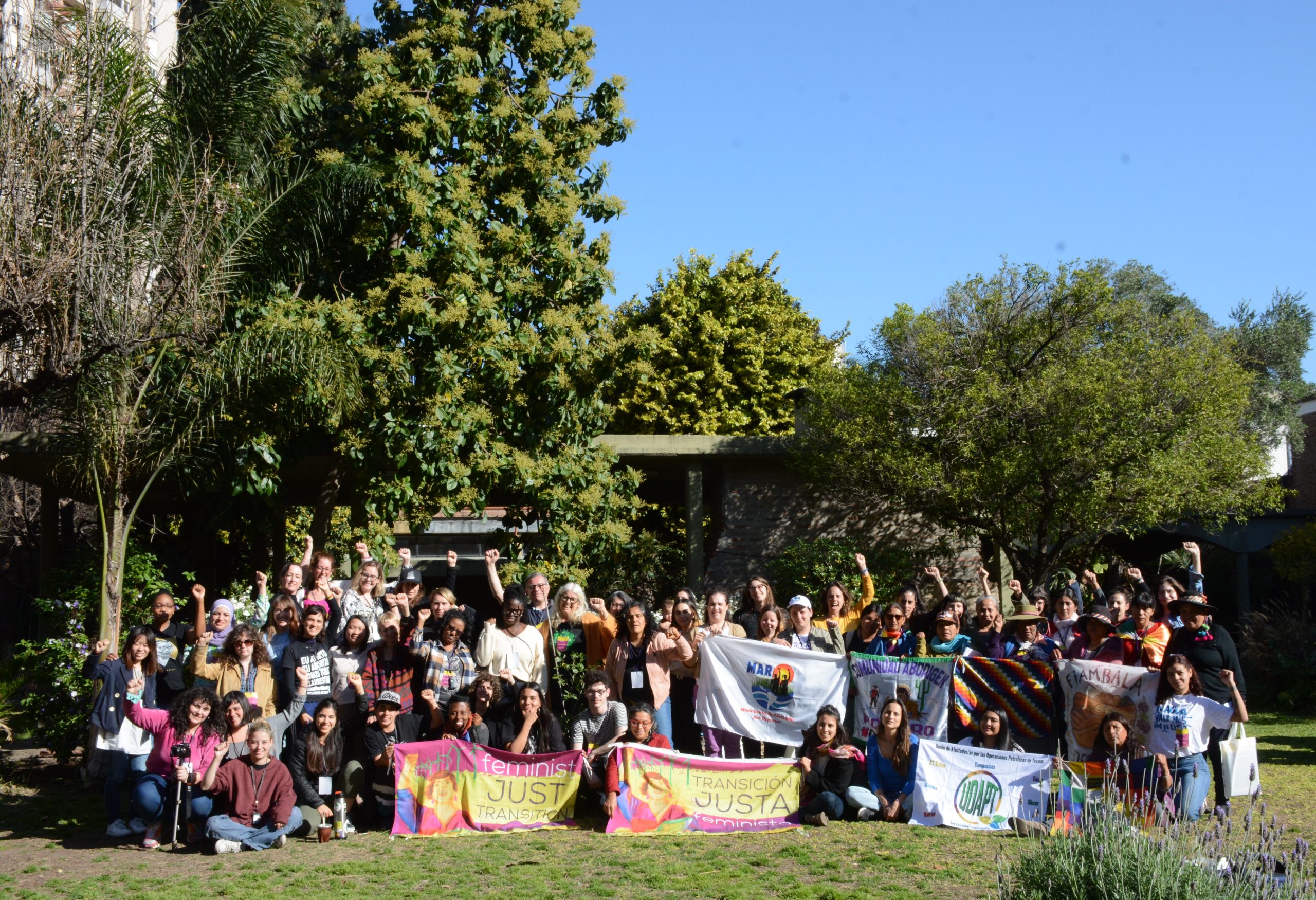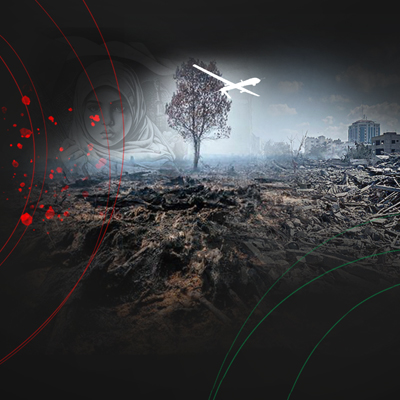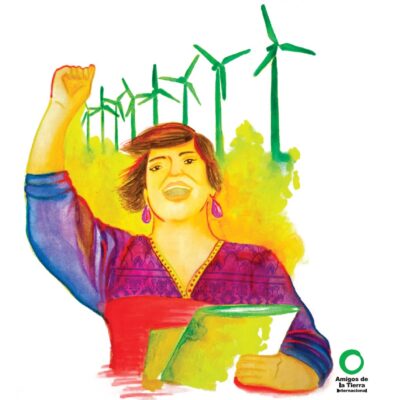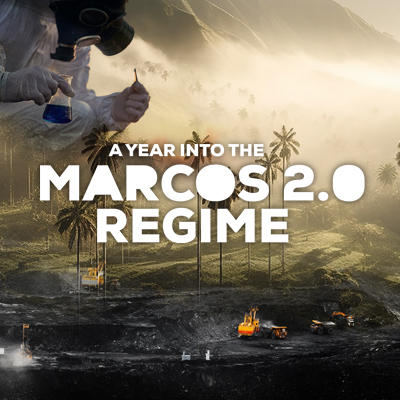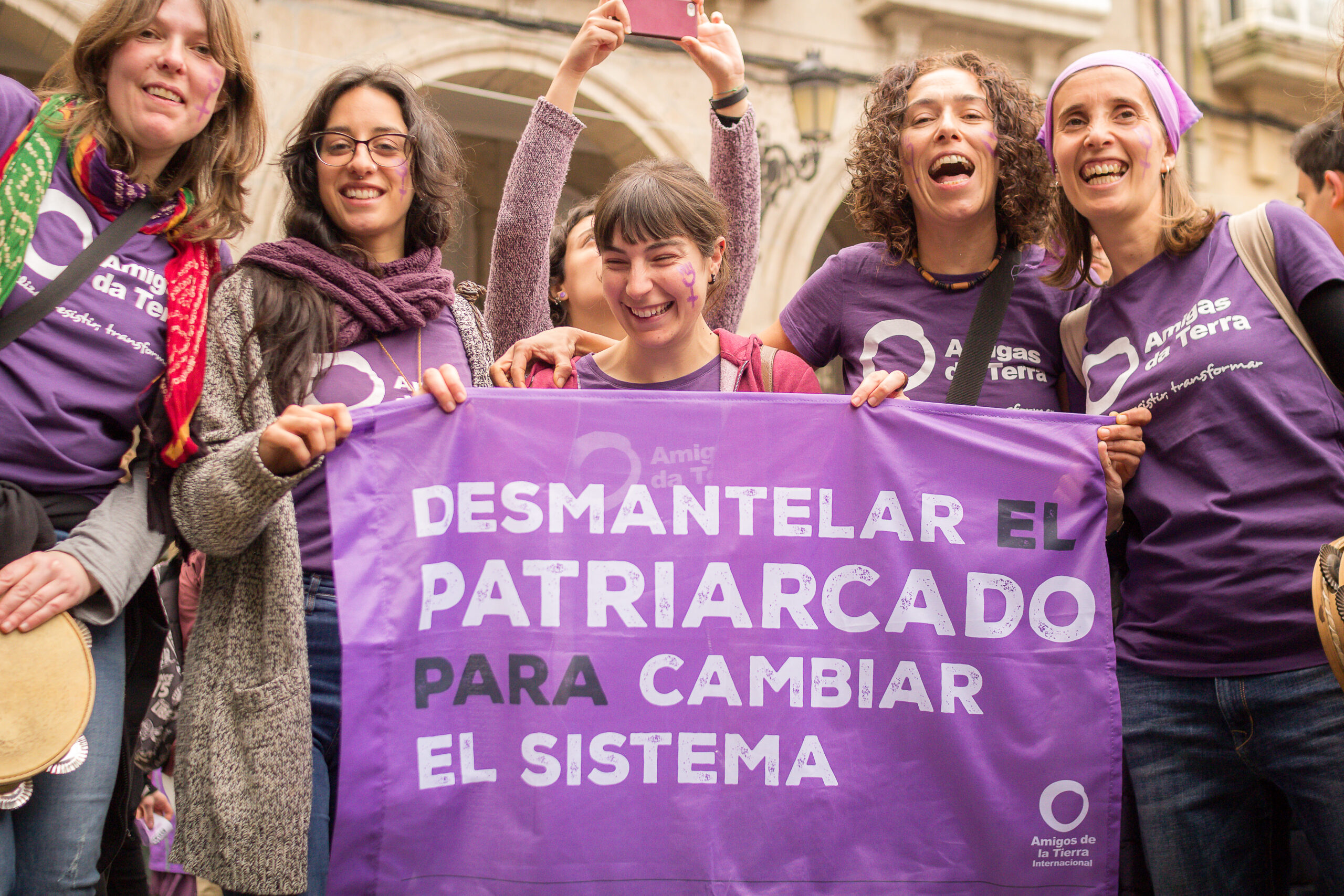
Feminist Economy and Environmental Justice: Reflections From Women in Movement
Feminist economy and environmental justice are closely connected. They both provide strong criticism of the false solutions offered by capitalism to the crisis capitalism itself has created. And they both propose grassroots struggles that point toward a reorganization of society, ways of life, and the relationship between human beings and nature. Nevertheless, articulating these agendas together across movements, organizations, and…




